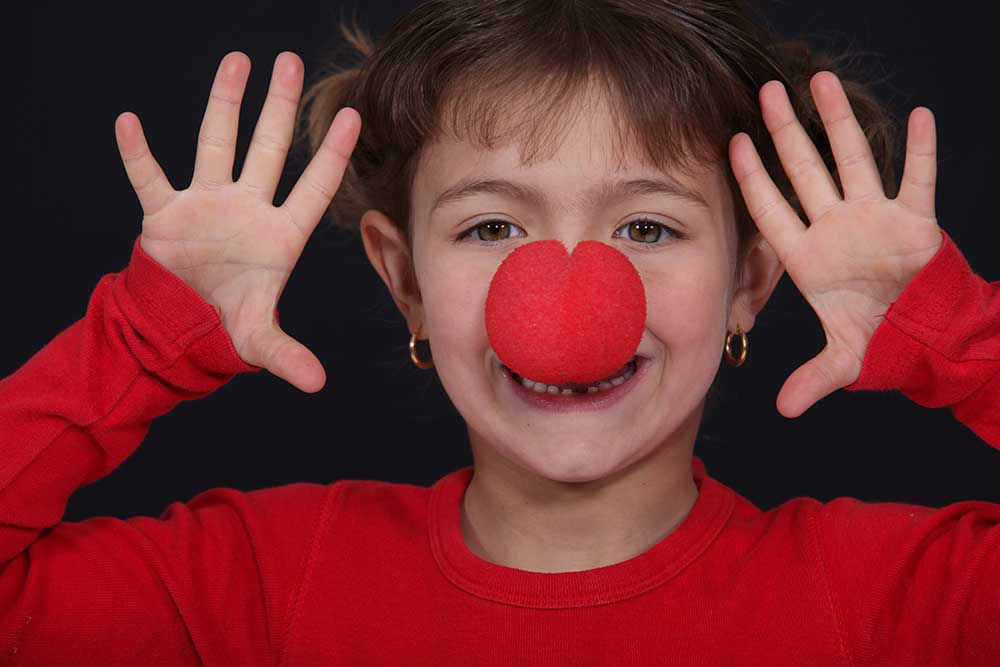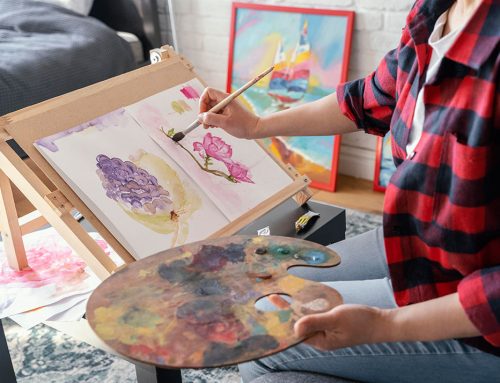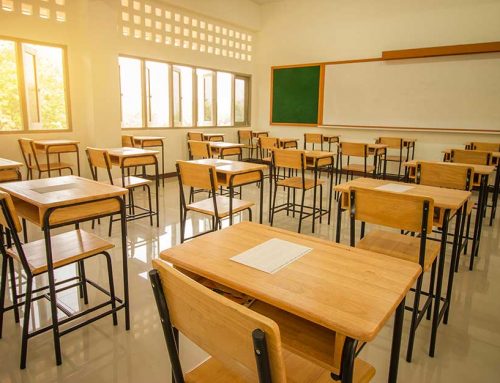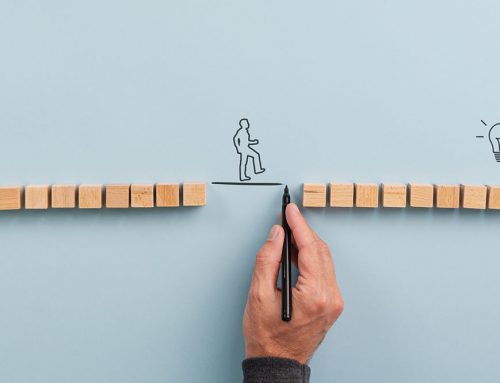One day, I was busy with work when my son came to me, clapped very hard and said, “Mom, do you know? Our ear helps us listen. We have ear drums inside our ears.” I was amazed and curious too. He was just a little older than three and he was talking about ear drums and all. Though I was so busy I was unable to stop myself from asking another question. How did he learn it? He told me that he and his friends played a vibration game at school. He then started telling me all about his fun and play activities at school.
That was when I realized that play is the true work of a child. They learn when they play. Play helps to build self-worth by giving children a sense of their own abilities and a reason to feel good about their own self. A child learns so many things through play, for example, drawing, painting, etc. which encourage creativity, imagination and expression. There are also things like dancing, running, hopping which improve movement, flexibility and strength. They also get to observe and learn about what sinks and floats and how to divide toys… activities that improve scientific and mathematical thinking skills.
Playing at school encourages children to learn and explore more. But, whatever a child plays and learns at school has some boundaries. There are some things that only parents can do to help their child expand his boundaries of learning as much as he or she wants.
Encourage your child to explore the world around them when it is safe. If your child is telling a story about his or her day at preschool, even if you are busy, ask questions about the day and listen carefully to what your child has to share. This will help them learn to self-reflect and will encourage thinking skills. Talk to your child while he or she is playing, explain and name things that are being played with. Read stories with your child and act them out.
Add measuring cups and rulers to stimulate their interest in mathematical and scientific concepts. Use music to move and dance with your child, develop a routine, bake, cook and prepare food with your child. Teach your child how to be organized.
A child’s early development and later, the child’s health and learning, are shaped by day-to-day experiences within their family and community. Children learn by playing in places where they feel safe, respected, and loved. Remember, you are your child’s greatest teacher and role model!!
Does that really sound odd? “Playing at school and learning at home.”
“We can best help children learn, not by deciding what we think they should learn and thinking of ingenious ways to teach it to them, but by making the world, as far as we can, accessible to them, paying serious attention to what they do, answering their questions — if they have any — and helping them explore the things they are most interested in.” ― John Holt






Leave A Comment